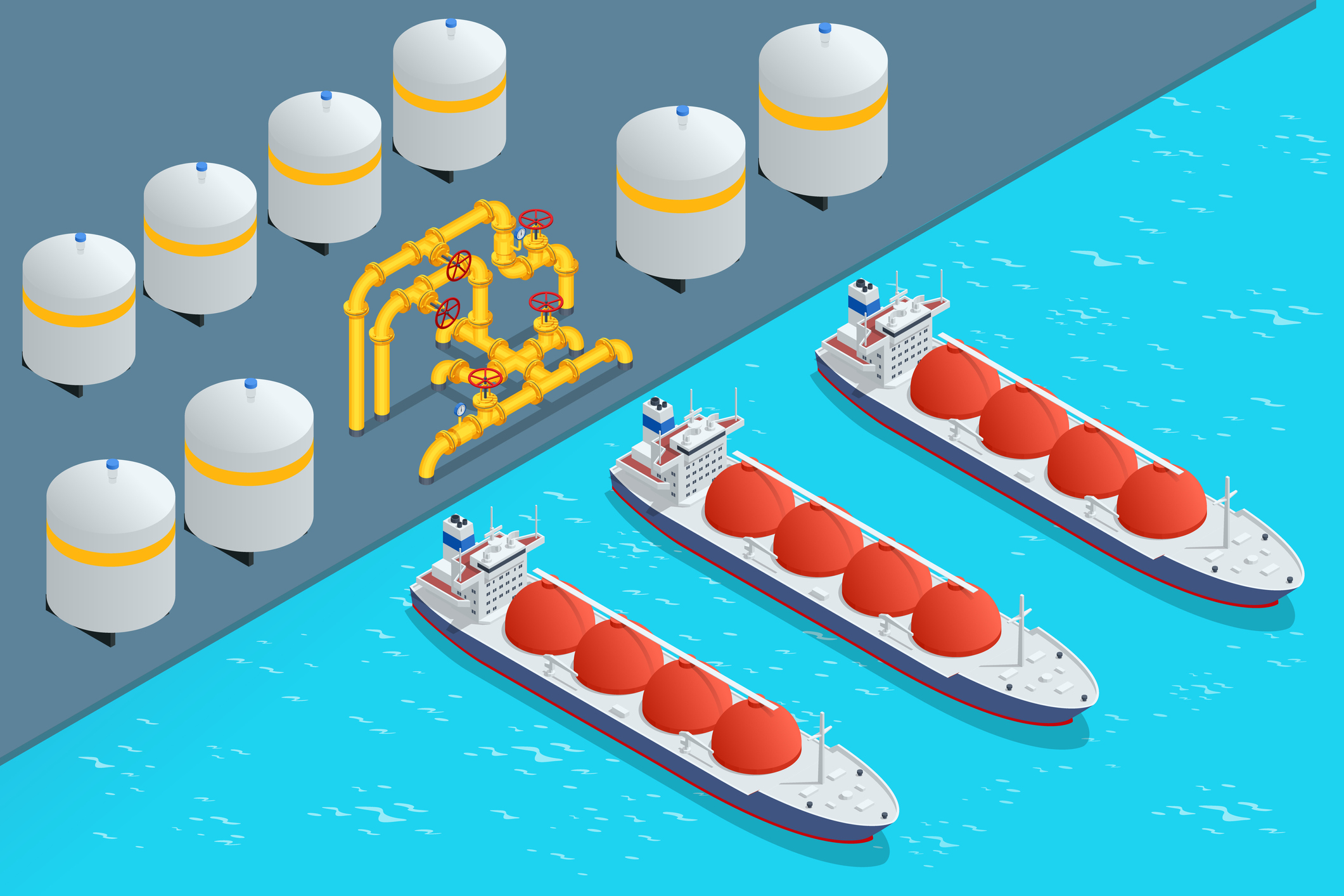Wigmore Trading: LNG Supplies in Africa, Europe and the Middle East
Wigmore Trading: LNG Supplies in Africa, Europe and the Middle East
LNG is a natural gas that is condensed into liquid form for ease of storage or transport. LNG is a cost-effective and efficient way of transporting natural gas over long distances. It has become an important source of energy in emerging markets, especially under the continued rise in demand for natural gas. These markets are now seeking new sources for LNG to meet peak and seasonal demand. The supply chain for LNG is fragmented among different suppliers, intermediaries and end users. This article explores how Wigmore trading companies are capitalizing on the growing demand and need for liquefied natural gas in Africa, Europe and the Middle East.
Introduction to liquefied natural gas (LNG)
LNG is a natural gas that is condensed into liquid form for ease of storage or transport. It is a cost-effective and efficient way of transporting natural gas over long distances. LNG is a cleaner and more cost-effective source of energy than other fossil fuels. It is used as a primary source of fuel in electricity generation and in many industries, such as fertilizer and chemical production. The demand for natural gas has grown significantly since the mid-2000s as more countries shift to natural gas as a primary source of energy. This growth has been driven by a number of factors, including abundant natural gas reserves, lower carbon emissions, and rising energy demand from emerging markets.
Africa: LNG as a solution to supply and demand problems
Africa is a continent rich in natural resources, but many countries do not have the infrastructure to access and transport these resources. They also lack sufficient natural gas supply. These factors have led to a reliance on LNG supplies from other regions, such as the Middle East. However, many African countries are now shifting to LNG as a way to meet their growing demand for natural gas. The need for LNG in Africa is expected to rise as the continent’s natural gas supply is expected to stay flat through the early 2030s. Several African countries are increasing their imports of LNG as a way to solve natural gas supply and demand problems. The top three importers of LNG in Africa are Egypt, Algeria and Nigeria. Although these countries have significant natural gas reserves, natural gas is not a primary source of energy in any of these countries. Egypt – The country relies heavily on LNG for electricity; Algeria – The country is trying to diversify its supply of natural gas to curb domestic supply shortages; Nigeria – The country is diversifying its supply of natural gas to reduce the impact of supply disruptions from the Niger Delta.
Europe: A new destination for African LNG
Europe has been a key destination for LNG imports since the 1970s, but it is now taking a new interest in African LNG. European countries have a high dependence on LNG, especially during winter periods, when natural gas demand is highest. However, Europe has become increasingly dependent on LNG imports from a few countries, including Russia, Norway and Qatar. The European Union (EU) has been taking steps to diversify its supply of LNG from different sources. The EU has been exploring new LNG supply from African countries, such as Nigeria, Angola, Equatorial Guinea, Gabon and Ghana. Several Wigmore trading companies are capitalizing on this trend to meet the growing demand for African LNG in Europe.
The Middle East: Importing more liquefied natural gas
The Middle East is already one of the leading importers of LNG in the world, and it is expected to continue needing to import more LNG. Although oil and natural gas are abundant in the region, the infrastructure to transport and process these fossil fuels is limited. To meet increasing demand for natural gas, the top LNG importers in the Middle East are Qatar and Oman. This region is expected to increase its imports of LNG to meet the growing demand for electricity and natural gas in the coming years. Saudi Arabia and Iran are also expected to increase their imports of LNG in the future. These countries are expected to need to import more LNG as they ramp up their natural gas infrastructure for electricity production.
Lessons Learned: Wigmore trading companies in the LNG supply chain
The supply chain for LNG is fragmented among different suppliers, intermediaries and end users. Wigmore trading companies have the expertise to navigate the LNG supply chain. This allows them to take advantage of the growing demand and need for liquefied natural gas. Wigmore trading companies are well-positioned to capitalize on these trends in the LNG market. They are experts in sourcing, trading and transportation of natural gas. However, these companies must ensure they have the proper expertise, risk management procedures and financial resources to successfully participate in the LNG supply chain.








LEAVE A COMMENT
You must be logged in to post a comment.